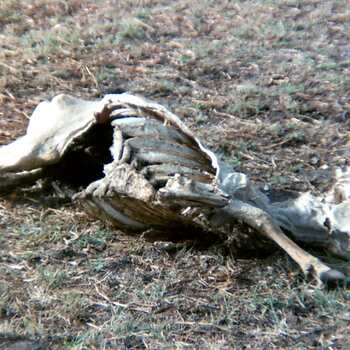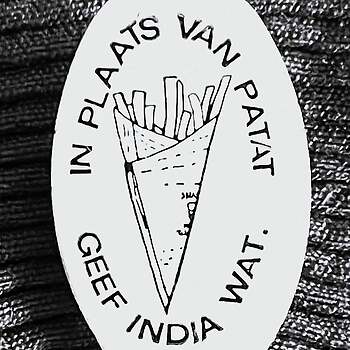Jan Pronk (Minister for Development Cooperation 1971-1974) set the stage for increased bilateral development cooperation in addition to focusing on global issues related to agricultural production, trade and access to food. At the time poverty and inequalities (between and within countries) were considered to be the major drivers of hunger.
The 1972 ‘Limits to Growth’ report by the Club of Rome (with Dutch support by Jan Tinbergen, Wouter Tims and Hans Linneman) became very influential. The report focused specifically on the limits posed by finite natural resources in relation to population growth and introduced concepts for sustainable development. The fundamental idea of ‘Basic Needs’ (Dudley Seers, 1979) was developed and further shaped poverty oriented food and agricultural policies. According to Seers the purpose of development is to reduce poverty, inequality and unemployment.
In the Dutch policy frameworks special attention was given to the plight of small scale farmers, the landless rural population and increased poverty in (semi) urban areas. During this period, policies were particularly inspired by Latin American ‘Dependencia’ scholars and activists who promoted structural transformation of agriculture (e.g. in relation to land reform)[1]. In the late 1960s and early 1970s a number of Dutch NGOs mobilized public support in the Netherlands to combat hunger in developing countries, empower small scale farmers and landless laborers and engage in anti-apartheid and liberation movements. Some organizations such as SNV also focused on the provision of technical assistance to increase agricultural productivity, improve nutrition and increase access to markets.
The 1976 policy note emphasized integrated approaches focusing on rural development rather than sector specific agricultural projects. There was also a shift away from an exclusive focus on economic development with attention for responsible utilization of natural resources (as opposed to economic exploitation). Skewed income distribution was highlighted as a key constraint to food security for specific target groups.
The 1979 policy note highlighted the need for the agricultural sector to keep pace with population growth and take consumer purchasing power into account. In 1972 developing countries imported three times more food than in 1950. Dutch support for agriculture increased from $92.2 million in 1975 to $210.1 million in 1977. In 1979, 27% of Dutch bilateral aid was for the agricultural sector.
[1] A specific timeline on farmers´organizations is under preparation

